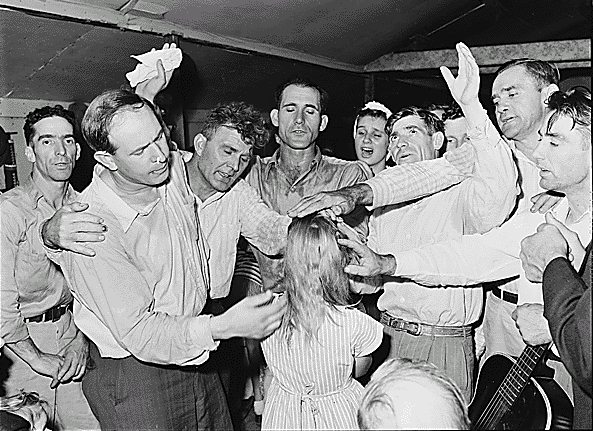
A short note on the veracity of the examples given in UBF sermons. I mentioned how Samuel Lee used to flavor his sermons with examples of what good things happened to people who obeyed him and what horrible things happened to people who disobeyed him. I also mentioned how I believe that this kind of drawing connections is dangerous magical thinking, and also that these stories are usually plain wrong anyway (today you would call them “fake news”).
Some hardcore UBF members may wonder how I know that Samuel Lee was making this stories up. Well, there are two reasons. First, Samuel Lee contradicted himself. I collected several sermons which such horror stories and noticed that various details varied from year to year. It was the same story, but for instance, one year it was about a man, the next year it was about woman. If it had been a true story, Samuel Lee would have remembered the details. But if it was a made-up story, the details would vary. This is a way of investigators to detect liars. It’s very difficult to remember all the details of a story and retell them exactly every time if you made the story up.
Second, I know that the truth was not important to Samuel Lee. For instance, he used to even “photoshop” conference pictures, adding balconies of “clone attendants” using glue and scissors. We have several examples of this, and it happened not only in one year. He just had the habit of making up his own reality, and he was a notorious liar. The words didn’t mean anything to him, only the achieved goal was important to him. The stories were not intended as a real-life example, they were only there to achieve a well-calculated psychological effect in the listeners.
One friend in UBF once told me how he confronted Peter Chang, the notorious UBF Bonn leader, about a factually wrong passage in his sermon. Interestingly, Chang’s response was blunt: “In a sermon, it doesn’t matter whether a story is true. It only matters whether a story is effective.” So here you have, it the UBF leader mindset in a nutshell. Truth doesn’t matter. There only goal is to manipulate you, to alter your state of mind. It’s about mind control. They know this, and they use stories as a powerful tool. It all works, because UBF is full of naive people who believe everything from the mouth of the dear leader (the servant of God) must be true. When they hear these horror stories, they believe they are true, and start to fear. I know many UBF Koreans who stayed in UBF for decades, only because of the fears instilled into them by such stories.





